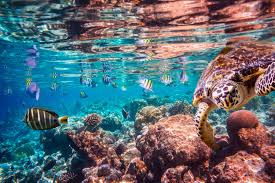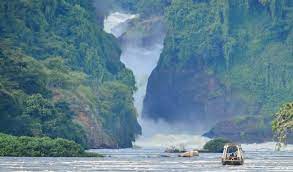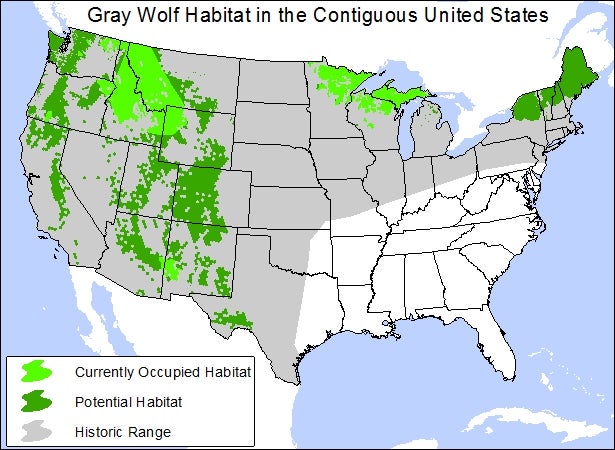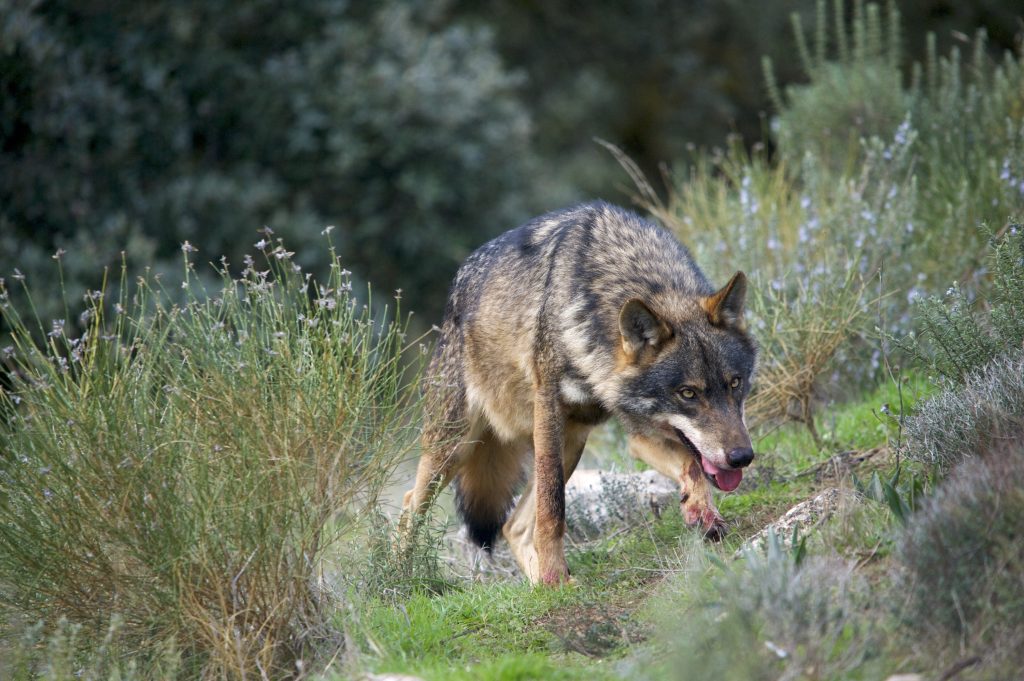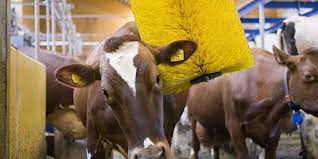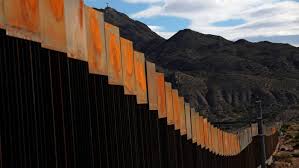To much fanfare, the British government decided to ban the sale of Ivory 3 years ago. This is certainly a good thing. Unfortunately, they have just delayed its introduction again – and we are already 3 years after this law was supposed to come into effect. Admittedly, this time the delay is only supposed to be for 2 months, but it sends the wrong message.
Forest and Savannah elephant populations across west and east Africa have been decimated over the last decade or two.
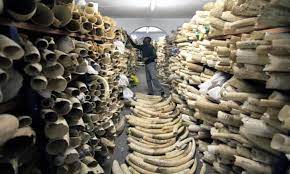
Ministers claim that background work has not been carried out, but given they have had 3 years this is inexcusable. Someone should be fired for this.
At the moment elephants are being killed at the rate of one every 15-25 minutes or 50-100 a day. The UK is the largest exporter of Ivory. Also much ivory from recently poached animals is passed off as antique – avoiding the rules.
The EU is now considering acting on this pressing issue. Our original advance has been destroyed, and we now look like we are incompetent.
It is currently down to issues creating the technical standards for exempting legal ivory.
My proposal would be to ban all ivory sale until this system was in place. This would put pressure on people to finish it quickly (and I would be surprised if it wasn’t solved very fast).
Lord Goldsmith wrote in a letter that he committed to enacting the bill by the end of 2022, though similar things were said 3 years ago.

